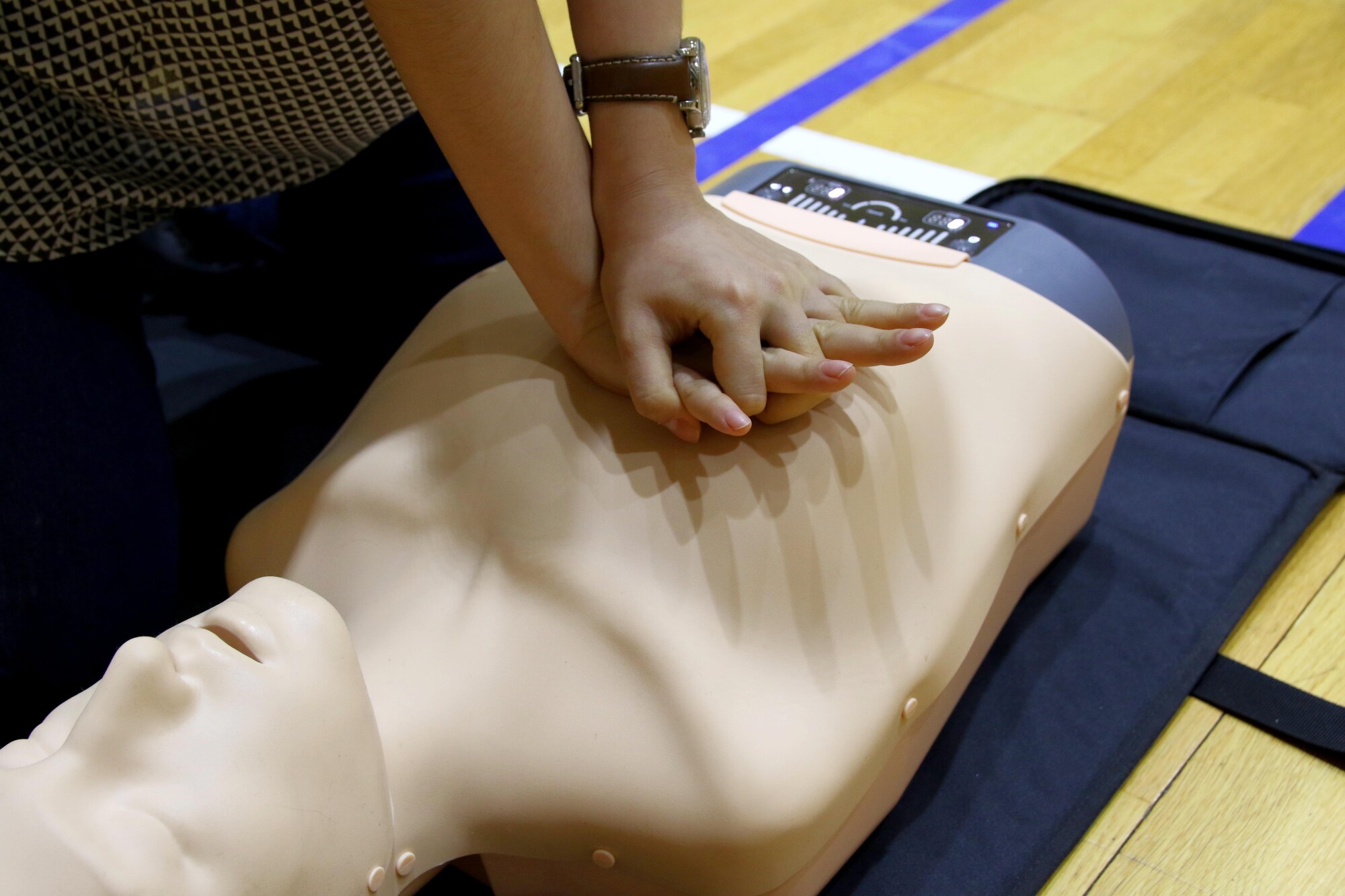Every year, thousands of lives are saved thanks to individuals who have mastered the essential skills required in emergency situations. Have you ever thought about how invaluable it would feel to have the training to act decisively during a crisis?
Achieving your CPR certification is a critical step for anyone wanting to be equipped with the tools necessary for effective emergency response. Keep on reading to learn more.

Table of Contents
Why Obtain Your CPR Certification?
Your CPR certification serves not only as a comprehensive testament of your commitment to public safety but also opens doors for personal and professional growth. In varying capacities, certified individuals play crucial roles, from teachers and coaches to healthcare professionals and parents. Being trained means knowing how to respond appropriately in high-stress situations. Consider these benefits:
- Empower yourself with skills that could save a life
- Become a role model in your community
- Increase your value and employability
The knowledge gained while pursuing your CPR certification goes beyond performing chest compressions. This training embodies a wider understanding of emergency response processes, including recognizing signs of distress in individuals and knowing how to respond effectively.
What’s Covered in Your CPR Certification Course?
Most CPR certification courses cover multiple essential topics. Here are a few examples:
- Recognizing cardiac arrest
- The importance of a quick action
- The proper techniques for performing CPR
- Understanding the use of an AED
- Handling choking incidents using appropriate methods
Each of these elements has a direct impact on the effectiveness of the response to medical emergencies, making this training invaluable for everyone. Courses often incorporate hands-on practice and simulations to ensure the techniques are ingrained in your muscle memory. Plus, practicing in a supportive environment will build your confidence.
How to Choose the Right CPR Certification Course?
Finding the right CPR class doesn’t have to be hard. Start by choosing a course from a trusted group like the American Heart Association (AHA) or the Red Cross. These programs teach the latest life-saving skills and provide proper certification.
Look for hands-on training that lets you practice on mannequins. This helps you learn chest compressions, rescue breaths, and how to use an Automated External Defibrillator (AED). The more practice you get, the more confident you’ll feel in a real emergency.
Choose a course with interactive learning. Some classes use videos, group activities, and role-playing to make learning easier. It’s also helpful if the course covers CPR for all ages since infants, children, and adults require different techniques.
Think about the time and cost of the class before signing up. Some courses last a few hours, while others take a full day. Online options are more flexible, but in-person training gives you hands-on experience. Investing in a good CPR course ensures you get proper training. You can check out Cprcertificationnow.com for more info.
Start Your Journey Today!
Now is the perfect time to take the initiative and enroll in a CPR certification course. It not only enhances your skills but truly prepares you for unforeseen emergencies.
Each moment spent in training ensures that you are ready when your help is needed the most. Whether you are a parent, a coach, or someone simply wanting to be prepared, CPR certification can make all the difference.
For more related topics, check out the rest of our blog!


